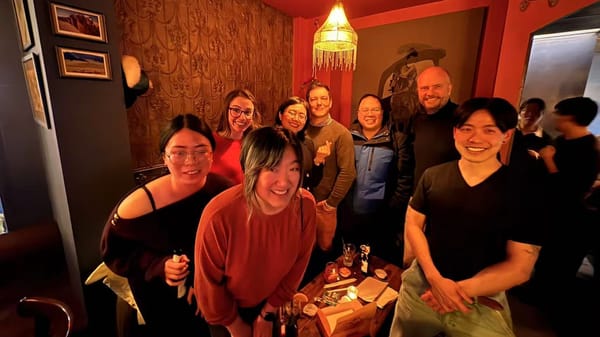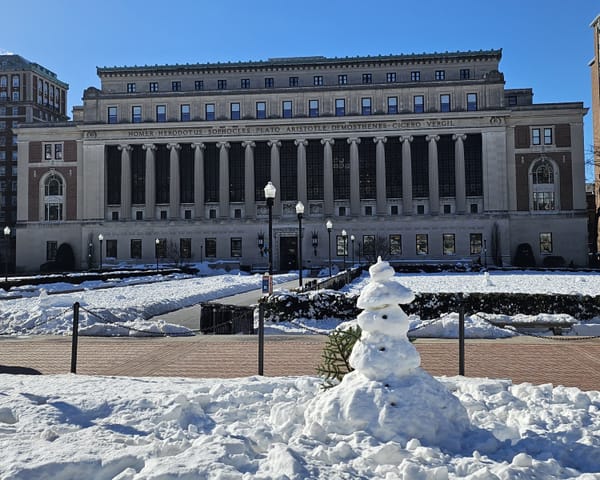04.12 | watching the moon eat the sun
For now, before eclipse news has permanently cooled, I want to record what it meant for me.
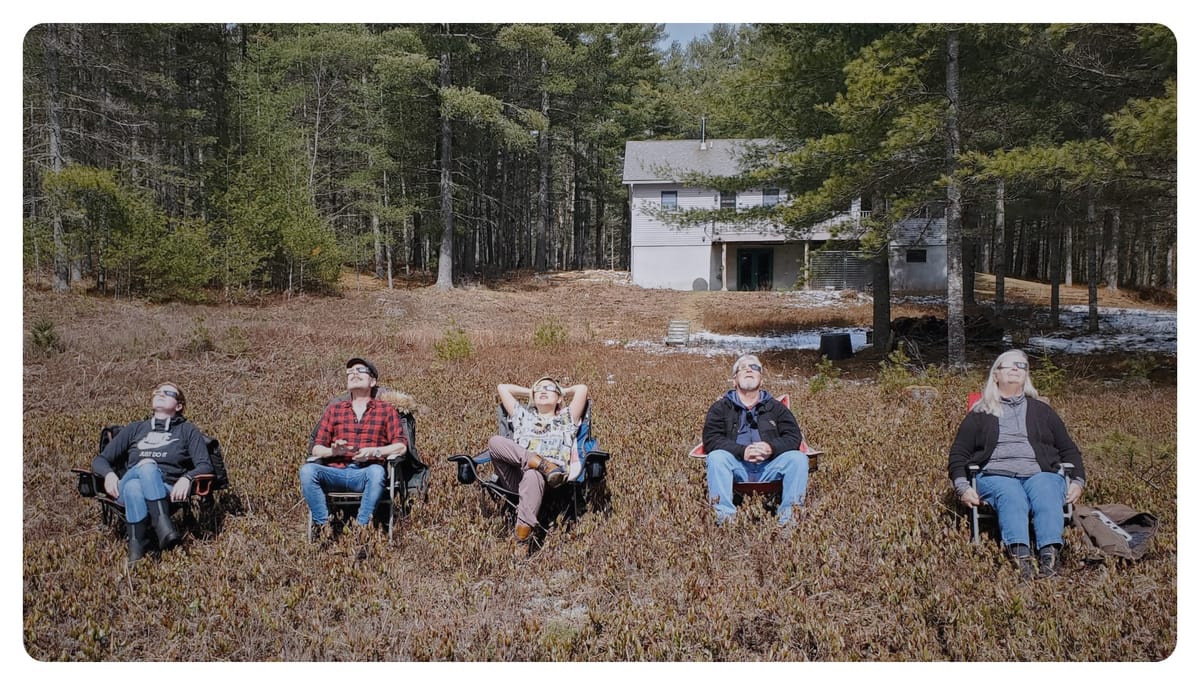
✉️ letter #61
An eclipse, like the one we experienced here in various swathes of northeast America, is representative of new beginnings. That's my excuse to change up the format of this newsletter a little bit.
🎼 消えゆく太陽 (Ain't No Sunshine) - Junko Ohashi
Here is Japanese 70s soul singer Junk Ohashi with her take off of Bill Withers' classic Ain't No Sunshine. Something about the synth-sirens, funky guitar, and slight accent makes this different enough to feel not like just another rehash amidst a pile of rehashes.
This week's song is kind of obviously inspired by the eclipse (and if you think it's too on the nose, get a load of what NPR recommended) as well as how I spent a good chunk of the nights of my recent trip checking out Monarch: Legacy of Monsters, a campy kaiju Apple TV show based off the Godzilla 2014 franchise.
Hey, I was deep in the Adirondacks, and once it gets dark, there's really not much else you can do except sit in a living room and watch a show together. It's a far cry from the city - we traded 24 hour lights for the ability to see stars and ambulance wails for a vast wooded silence occasionally punctuated by a coyote yip.
The house I drove up to was one of half a dozen in nearly 25,000 acres of Adirondack rich-man-maintained wilderness. I was there to see my friend Jessica, who had moved there from her post in Hangzhou/Hong Kong sometime around 2020 for a job that didn't quite pan out due to the pandemic, but she found several reasons to stay.
And with the April 8 totality hitting right in her backyard, I found a reason to make the six-hour journey up to go visit her!
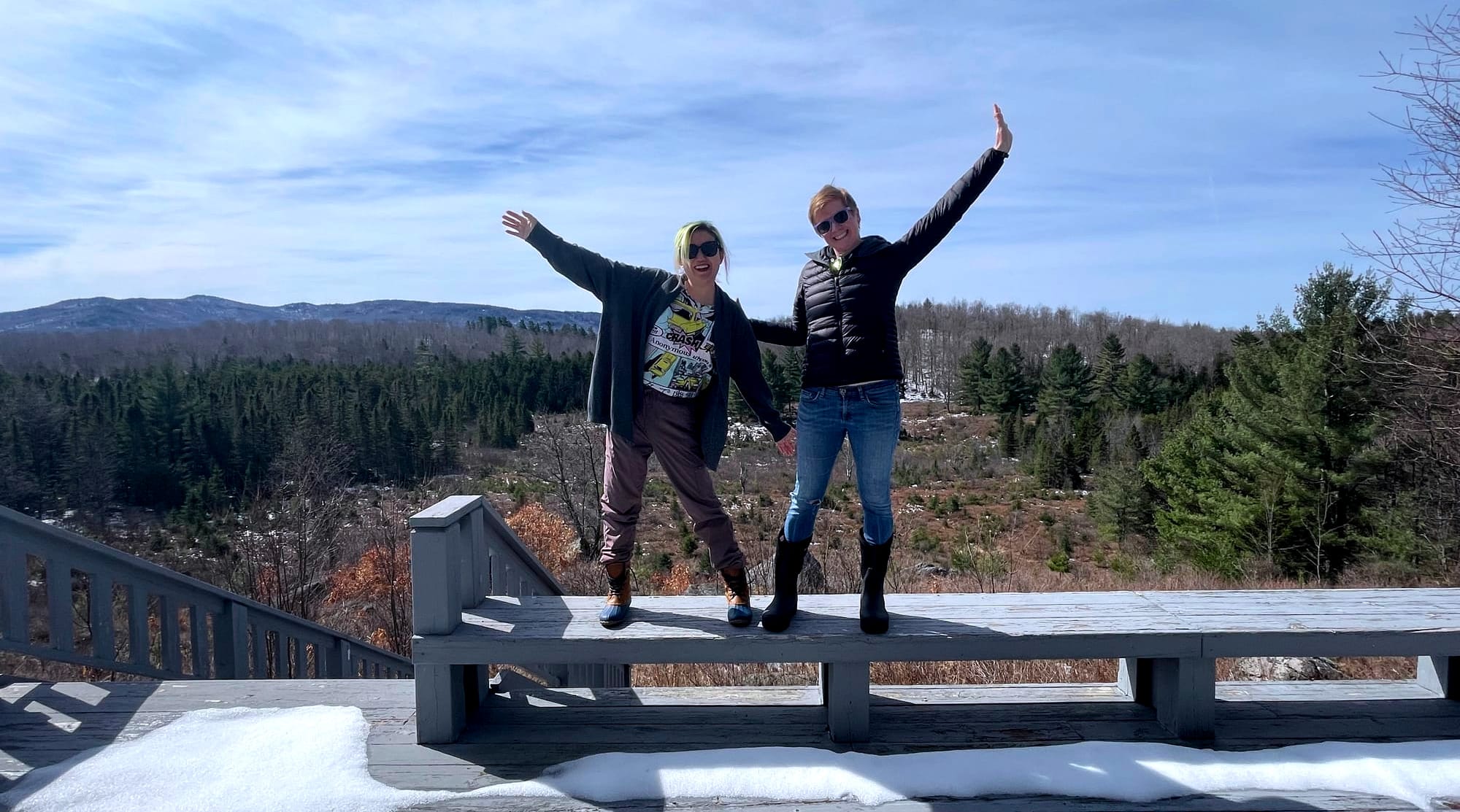
Out of respect for some of the rules of the place, I can't say exactly where I was staying except that it was in a nature reserve where a lot of very, very high net worth people have "private allotments" - names thrown about included the Rockefellers, Whitneys and Duponts. There's something really fascinating about such a wide swath of pristine forestland being essentially some industrialist baron's summer getaway and how a very rigid class system is still at play in the world of nature conservancy in America, even without the history of centuries of feudalism... but I'll save musings on how the 0.0001% lives for some other time.
For now, before eclipse news has permanently cooled, I want to record what it meant for me. On the drive back down to the city, we listened to several callers' experiences on radio, and more than a couple of them referencing the oft-repeated "speck of dust in the universe" quotation, often attributed to Carl Sagan, and how it put them in awe of how small and insignificant we are in the grand scheme of things.
Sure, it's hard not to agree that on a timeline of a billion eons in which an infinite amount of fireballs explode and then engulf themselves, each of our existences is but a blip.
But we as a species don't live on that scale. We live on one in which we only get roughly 70-80 rotations around our one little sun, in which we can maybe maintain an average of 150 relationships at a time, in which our immediate senses can only hold in about seven pieces of information before we get overwhelmed.
And despite that, we as a species are constantly observing, creating meaning from, imagining and then exploring worlds wider than what we can personally embrace. We fight against our natural limitations to expand our horizons, and somehow we've exceeded them enough to go from howling in fear as monsters eat the sun to getting such accurate predictions of eclipse paths that millions of people around the world can travel along them to philosophize about their experiences.
Not to toot our own horn, but I find that pretty neat. And I guess Carl Sagan does too, because in the entirety of his book Cosmos, he continuously makes that case over and over again - no matter how vast the universe is, we still matter to us.
And in that vein, the eclipse was inspiring to me because of what it inspires in us.
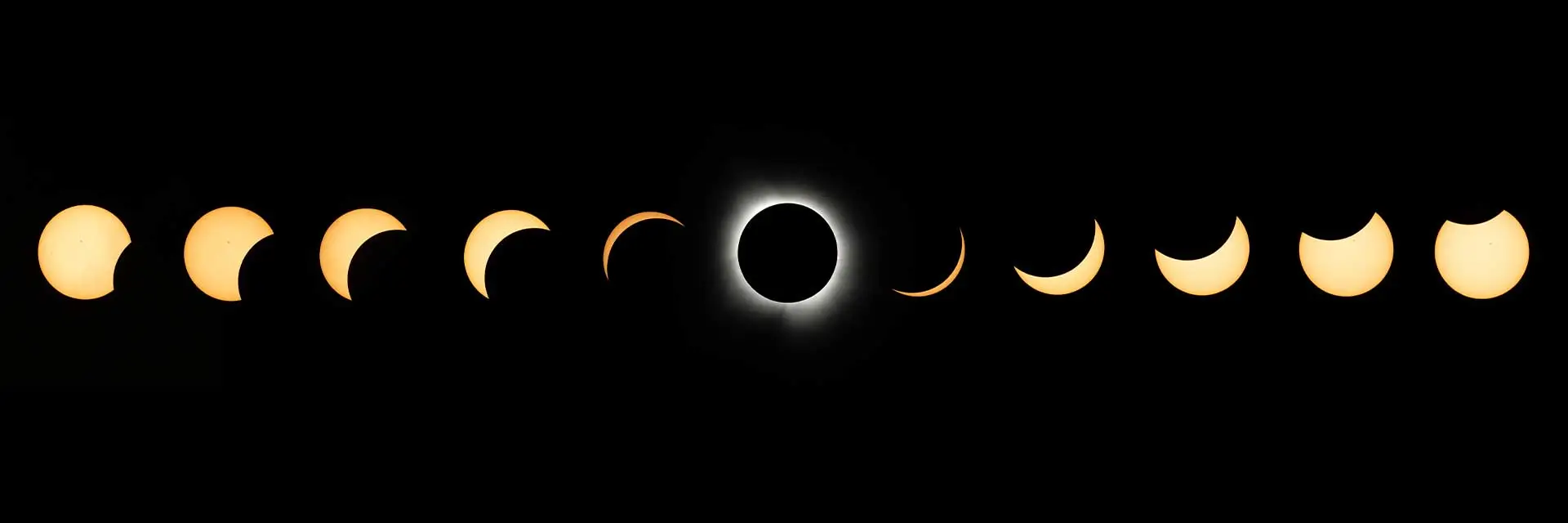
🪢related threads
- Not that we're completely free of superstition in the modern age. I didn't know there were so many "eclipse myths" going around! No, it won't poison your food and no, cosmic rays won't fry your cellphones. Some more fun reading here: [NPR]
- Did April 8 turn you into an eclipse chaser? Don't worry, there's actually quite a few happening in choice tourist destinations around the world soon - Europe in 2026, Africa in 2027, and Oz in 2028. [CN Traveler]
- If you don't want to chase eclipses but still have glasses left, consider donating them to schools in Argentina and Chile, who will get their chance to watch the moon and sun align in October this year. [Eclipse Glasses USA]
- Something I bet you didn't think about: how solar energy would fare during the eclipse and what it can teach us about the resilience of our clean energy grids. [Grist]
- Some people really make me wonder how they got careers in writing, and Nick Paumgarten is one of those folks that I'm consistently in awe of. I hated on an article of his a couple of years ago that unsuccessfully tried to tie disparate threads on pandemic pets and dog eating in China together. Here he is again, this time writing about basically the same experience as I had with basically the same level of info sprinkling and navel-gazing, only it's several thousand words longer... and published in the New Yorker. [The New Yorker]
We make our world significant by the courage of our questions and the depth of our answers
– Carl Sagan
✨enjoying: one final piece of pop culture fun
I briefly considered recommending that show Monarch - and honestly, with how much press they've not been getting, they look like they need a marketing team - but I haven't finished it yet, I have qualms with a lot of the scripting so far, and the last episode I watched was straight up boring.
So let's go with something more cosmic to fit in with the rest of the newsletter.
The Netflix series Space Force only lasted two seasons and, I'll admit, there's probably good reason for that. Created after America's real-life Space Force was created during the Trump administration, it never quite hit the level of absurdity reality was already offering, and several of its most promising plot-lines - including their Season 1 cliffhanger - didn't really go anywhere.
But it still has one of the most hilarious and hopeful views of U.S.-China competitive cooperation I've ever seen, best encapsulated in Episode 3 of Season 2, when the Chinese delegation visits Space Force headquarters and the U.S. team desperately tries to avoid offending them.
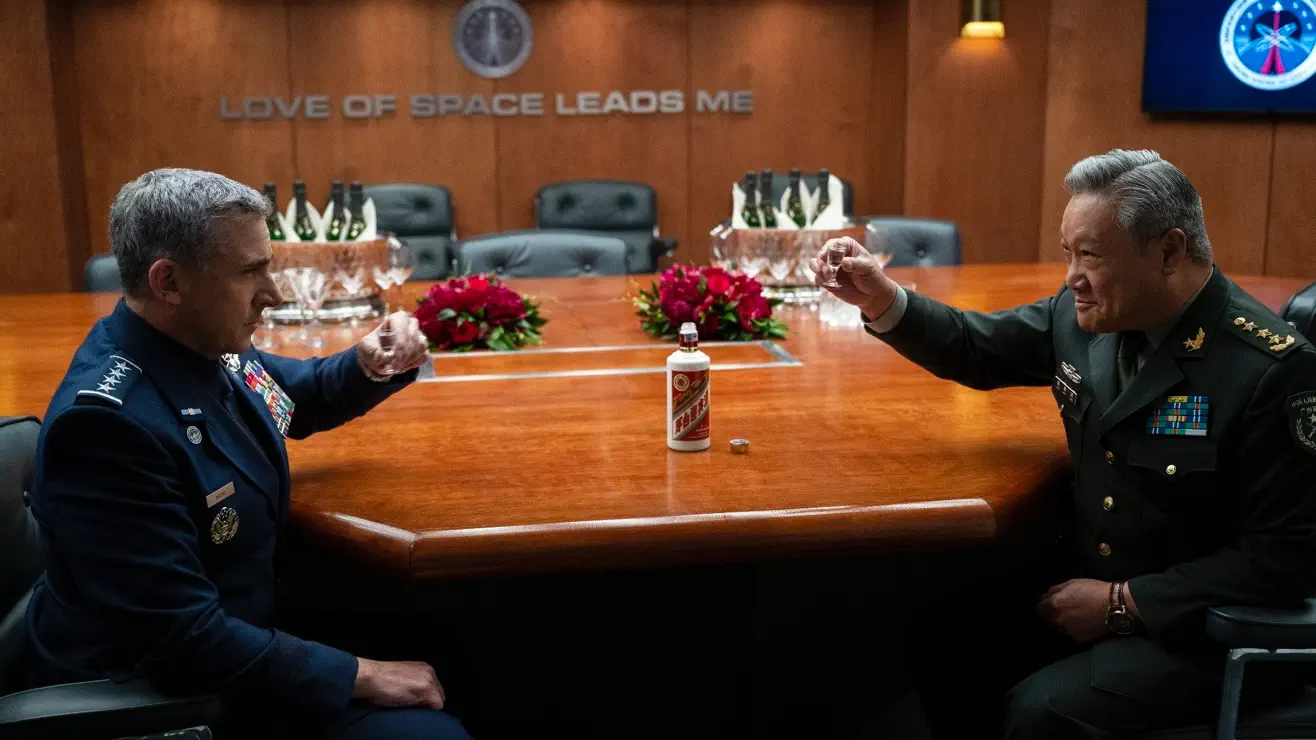
I can't find a preview clip of it anywhere online, so I guess you'll just have to take my word for it, get on your (or whoever's login you use's) Netflix and see for yourself.
Stalk me on Social Media
Instagram | TikTok | LinkedIN | Twitter | Goodreads | Spotify

